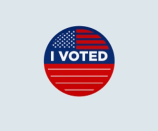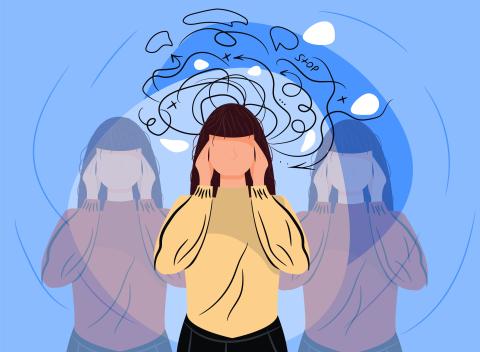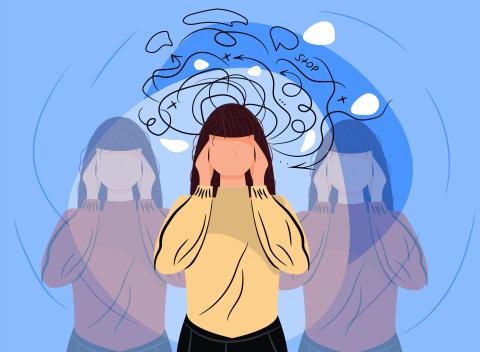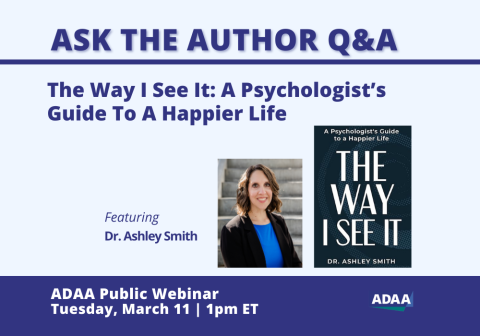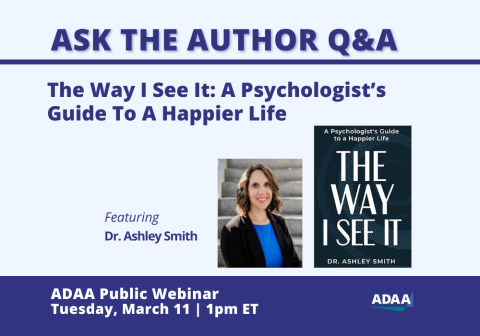Dealing with Election Anxiety? A Psychiatrist Explains how to Channel your Fears and Break out of Tribal Thinking
Dealing with Election Anxiety? A Psychiatrist Explains how to Channel your Fears and Break out of Tribal Thinking
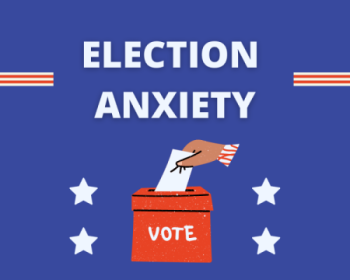
Instead of excitement about the upcoming election, many of my patients and friends – regardless of political affiliation – report they’re terrified at the thought of the “other side” winning. Democrats tell me they fear Donald Trump will end our democracy; Republicans are afraid Kamala Harris will turn the United States into a socialist society without family values.
Watching the news leaves people from both parties exhausted, sad and scared about the future. Each half of the country is made to believe the other half is stupid, deeply misguided, immoral, dishonest or maliciously plotting to ruin the country they themselves love.
I am a psychiatrist who specializes in treating and researching fear and anxiety. My book, “Afraid: Understanding the Purpose of Fear, and Harnessing the Power of Anxiety,” explores the politics of fear and the role media play in modern anxieties. Scientific insights on fear can provide a helpful perspective on election anxieties and suggest some practical tips on managing politics-related worries.
Human beings are a tribal species
As humans, we have a strong tendency to form group affiliations, whether based on national, ethnic, religious, sports, school or other social connections. People care more strongly for their own group members. Researchers have found that areas of the brain involved in empathy are more active when people see, for example, a member of their own college getting hurt versus someone from a rival college.
You can trust this article because it’s written by academics. Tribal tendencies are not biologically tied to a specific racial, ethnic or national identity. Rather, all people are born with a desire to seek affiliation with the familiar.
Tribalism can strengthen in the face of a perceived external threat. Danger from outside can make you both paranoid about “others” not in your group and more trusting of your tribemates and tribe leaders.
This instinct is not necessarily bad. Tribalism has helped humans survive as a species by fostering the unity necessary to fend off an invading tribe, predators or natural disasters.
Media and leaders play up tribal connections
Leaders and media know how to exploit our tribalism to circle the wagons. They can trigger the tribal tendency in an effort to motivate people to avoid or attack the other side and keep donating, voting and watching their own side’s cable news.
For most media outlets in the U.S., like all corporations, revenue is the top priority. What matters most to them is the number of hours you watch, scroll and click. Science shows that emotions, especially negative ones, grab attention; fear makes people stick around.
Media organizations on both sides of the political spectrum recognize that negative news keeps the audience engaged. Whichever news channel you watch, when was the last time you turned away happy, energized and peaceful? More often you end up feeling the whole world is going down in flames.
During election season, these dynamics intensify as politicians seek cash and votes, and the media capitalizes on the opportunity to sell more ads.
Managing anxiety around political news
You can care about your sanity and your country at the same time. Here are some practical tips:
- Resist the tribalism trap. Remember that when terrified of the other side, your primitive instincts take over, leaving your critical thinking skills behind. It is impossible for the political leaders and media you identify with to always be right and the other side to always be wrong. Exercise some skepticism, especially when a message encourages fear.
- Reduce exposure and choose what you consume. Cable news in the U.S. focuses on a few subjects and floods you with unending dramatic political analysis and punditry. Five more hours of news consumption will not add to what you learned in the first hour, but it will add to your emotional exhaustion. My patients who limit media exposure to an hour of their favorite news show feel much better and are still informed. If you can read rather than watch, do so. Be informed, not overwhelmed.
- Balance your news intake. Don’t get stuck in the limited world view of what your tribe showcases. Tune in to neutral sources, and different views, in your news diet. The boring news sources are often the less emotionally exhausting.
- Stay open to the positive. When you’re scared, your attention follows, focusing on stimuli relevant to what scares you. This is an evolutionary function that tries to keep you safe by zeroing in on danger. Short-circuit that instinct by intentionally redirecting your attention to positive news. Check out stories about science, health, arts, sports and community service.
- Experience the real world. What you see shapes what you believe, and that guides your emotions. Break out of any negative news bubble you’re trapped in and engage with the real world. Visit your neighbors and nature. Balance your emotions by engaging with the largely safe and respectful real world.
- Defy the trap of division. Reject demonization of others. Political beliefs are only one part of any American’s identity. Make an effort to identify common ground outside politics. You can go to the gym, share a meal, talk about art and science, or do yard work with people who hold different political views.
- Keep up your routines. It is important to maintain the normal life routines, hobbies and social interactions that keep you happy and balanced. Remember that exercise is a great anxiety treatment.
- Channel the energy. You can succumb to horror, depression or hate – or you can transform that energy into positive political activism, productive conversations and making an effort to learn the facts. Rather than be terrified, choose to be politically passionate.
Remember, this election cycle will pass. Use this time as an opportunity to expand your political knowledge. Be excited about your side, do what you can to support it, go vote. Don’t be afraid.
This article is republished in part from The Conversation under a Creative Commons license. Read the original article.

